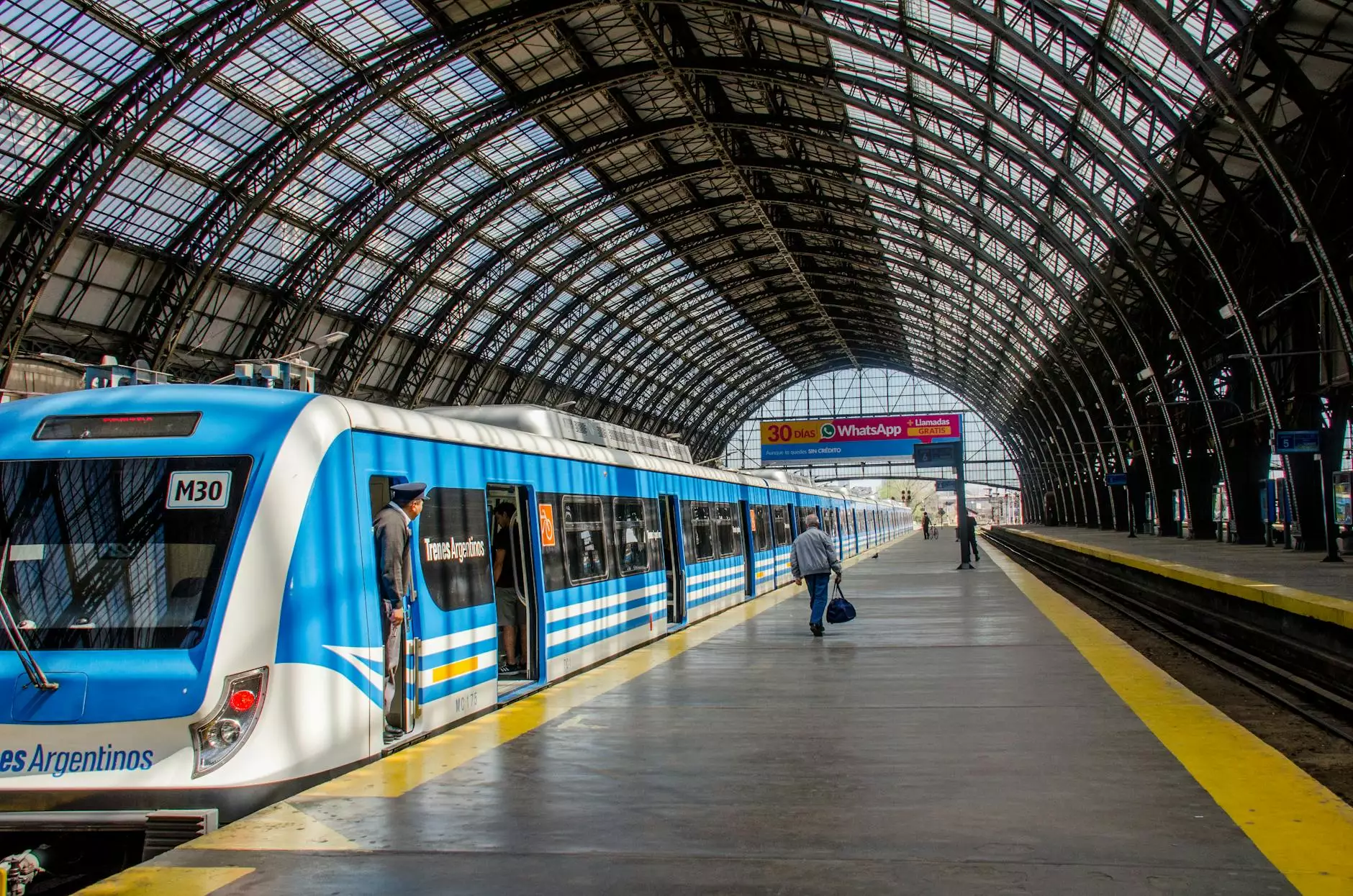Rideshare driver says some avoiding trips to the Strip amid F1 Construction
Legal Issues
As the excitement builds for the upcoming Formula 1 race in Las Vegas, there have been reports of rideshare drivers opting to avoid trips to the Strip due to ongoing construction related to the grand event. This unexpected development has sparked concerns among both the local businesses and the rideshare community, leading to discussions about the impact on the city's transportation network and the economy as a whole.
Current State of Affairs
The construction for the F1 race circuit involves major road closures and diversions, creating significant disruptions in traffic flow. Rideshare drivers, who play a crucial role in meeting the transportation needs of both tourists and locals, are finding it increasingly difficult to navigate through these construction zones. This has led to an understandable reluctance among many drivers to accept pick-up or drop-off requests in the affected areas.
With the construction affecting some of the most popular and iconic destinations on the Strip, including world-renowned hotels, casinos, and entertainment venues, businesses in those areas are also feeling the impact. Reduced accessibility to these establishments has resulted in a decline in foot traffic and visitor numbers, which in turn has affected their bottom line.
A Challenging Situation for Rideshare Drivers
Rideshare drivers are faced with a dilemma as they weigh the potential benefits of accepting trips to the Strip against the challenges they encounter due to the ongoing construction. On one hand, the surge in demand during major events like the Formula 1 race presents a lucrative opportunity for drivers to maximize their earnings. On the other hand, the adverse conditions caused by the construction can significantly impede their ability to efficiently navigate through the affected areas, leading to longer wait times for passengers and potential negative reviews.
While rideshare companies have provided drivers with periodic updates and instructions on navigating the construction zones, the unique and evolving nature of the road closures and diversions demand constant vigilance and adaptability. This adds an additional layer of stress and uncertainty for drivers who need to carefully plan their routes to minimize delays and disruptions.
Implications for Businesses and the Local Economy
The reduced accessibility to the Strip has a direct impact on the businesses situated in the affected areas. Foot traffic, which is essential for these establishments to thrive, has significantly decreased, resulting in lower revenue and potential job losses. The temporary decline in tourism and visitor spending also has a ripple effect on the local economy, affecting various sectors that rely on tourism dollars.
Additionally, the inconvenience caused to rideshare passengers who opt for alternative transportation options further exacerbates the challenges faced by businesses on the Strip. The convenience of rideshare services, which are known for their accessibility and ease of use, is a crucial factor for many visitors in choosing their mode of transportation. By avoiding trips to the Strip, rideshare drivers inadvertently contribute to the decline in visitors' overall experience and satisfaction.
Collaborative Efforts for Mitigating the Impact
Recognizing the multi-faceted challenges posed by the ongoing construction, various stakeholders, including rideshare companies, local businesses, and city authorities, have come together to find ways to mitigate the impact.
Rideshare companies are actively working on providing real-time updates to drivers about road closures, alternate routes, and optimized pick-up and drop-off locations. This information equips drivers with the necessary knowledge to navigate through the construction zones efficiently.
Local businesses are implementing creative strategies to attract customers despite the construction disruptions. Offering exclusive deals and promotions, partnering with nearby attractions, and leveraging digital marketing platforms are some examples of the innovative approaches adopted to draw visitors to their establishments.
City authorities, recognizing the importance of the tourism sector and the potential long-term benefits of hosting prestigious events like the Formula 1 race, are expediting the construction process wherever possible. They are also working closely with rideshare companies to develop dedicated pick-up and drop-off zones that minimize disruptions for both drivers and passengers.
Conclusion
The ongoing construction related to the Formula 1 race in Las Vegas has presented unexpected challenges for rideshare drivers and local businesses on the Strip. While the construction disruptions are temporary, they have underscored the interdependence between transportation, tourism, and the economy. By addressing the concerns of rideshare drivers and implementing collaborative mitigation strategies, it is possible to strike a balance that allows the city to host major events while minimizing the adverse impacts on local businesses, the rideshare community, and the overall visitor experience.
For more information and updates on the F1 construction and its impact on rideshare services, businesses, and the overall economy, stay tuned to Nevada Business Chronicles – your trusted source for insightful analysis and commentary on business and consumer services, with a specific focus on consulting and analytical services.




